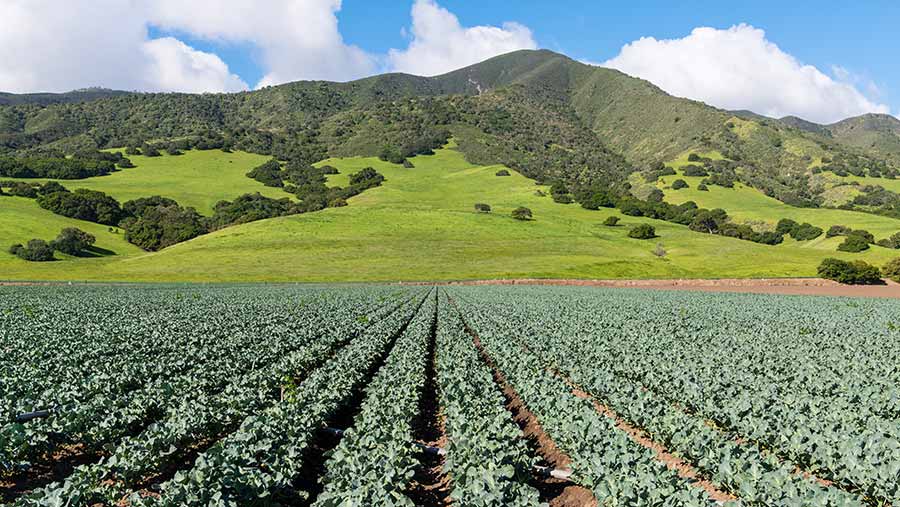Opinion: We’re at the mercy of ‘vicissitudes’
 © Jim Ekstrand/Adobe Stock
© Jim Ekstrand/Adobe Stock Though I’ve never been one to hang onto the words of Michael Gove, one word he did like to use when talking about the challenges facing farmers was “vicissitudes”.
It’s not a word you hear often, which is probably because its successive soft consonants make it a bit of a mouthful.
However, it’s useful because it neatly describes factors outside of farmers’ control that can unsettle even the most robust businesses.
The two most notable ones being adverse weather and low prices.
See also: Opinion – strike action not an option for disgruntled farmers
One key justification for the CAP was that it provided a financial safety net that kept farmers producing food if times got tough.
But now, with Brexit, that safety net is being dismantled for English farmers.
It looks like we may have to walk the farming tightrope in the knowledge that, if those pesky vicissitudes blow our way, we could fall into the free market chasm never to re-emerge.
There are two caveats to this.
First, it may be that the plethora of environmental schemes designed to replace the CAP will continue to provide farm businesses with financial support if markets or the weather become particularly challenging.
However, if these various schemes are based on the concept of income foregone with land being taken out of production, then it seems the safety net becomes full of holes for the farmer who wants to concentrate on production.
The second caveat being section 21 of the 2020 Agriculture Act, which allows for the government to give financial assistance to producers in adverse market conditions or to set up storage mechanisms to support markets.
As yet, it is not clear where the trigger points are for these schemes to be actioned.
To date, disastrous market prospects in the glasshouse sector don’t seem to have encouraged serious Defra discussions about financial support.
With the wheat price in freefall, how low would it have to go before the government actioned its powers to take some of the UK harvest off the market by putting it into private storage. It seems unlikely that it would ever happen.
Meanwhile, the US senate is putting together the 2023 Farm Bill.
A key part of previous farm bills has been the crop insurance programme which, in 2018, was given a budget of $97bn dollars (£80bn).
Government-subsidised crop insurance basically provides money to farmers who find themselves struggling under the vicissitudes of poor yields and poor prices.
On top of this, in the past five years, Congress has authorised a further $15bn (£12bn) of ad hoc disaster relief for agricultural losses along with an additional $25bn (£20bn) because of retaliatory tariffs due to Trump’s trade deals.
As the detail of the 2023-28 Farm Bill gets put together, the suggestion is these sorts of schemes will see an increased budget of about 10%.
So it would seem if you are a US farmer or one in the EU, you can rest assured your government will continue to watch your back if those income-sapping vicissitudes of adverse weather and bear markets sweep in.
As for us farmers in England, it’s probably best for us to say our prayers every night and hope the weather gods stay in a benign mood and the bulls stay in charge of the market.

